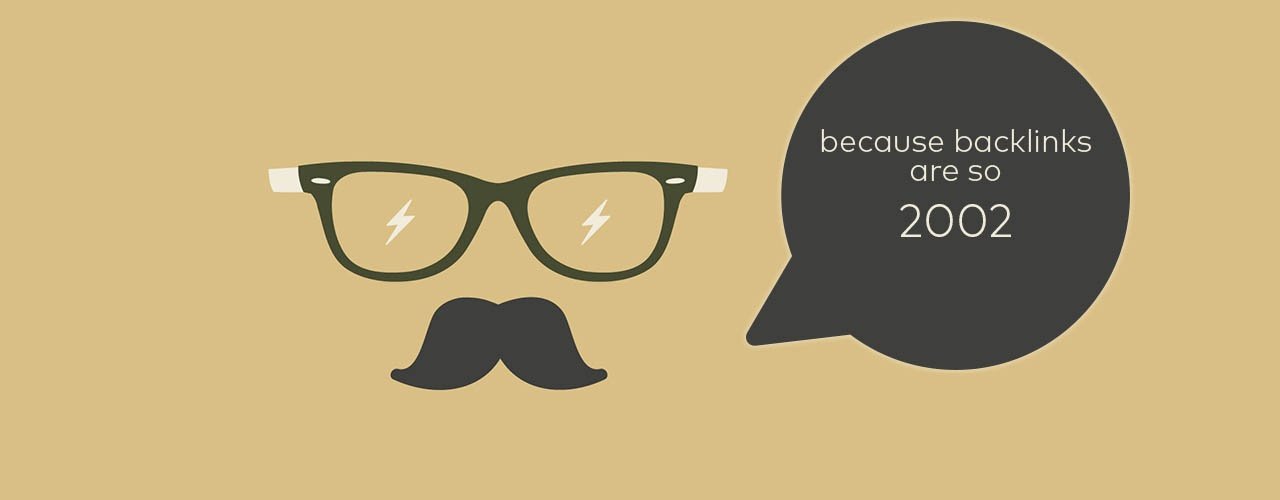Here’s a mind-blowing statistic: every second, 3.5 people look up “SEO” on Google. Why? Because more and more, achieving higher rankings on the organic search listings is what you need to do to let the world know you exist.
But things have changed since SEO first became a marketing tactic– mostly because the way that search engines order data has changed. So your strategy? Well, that needs to change, too.
1. Keywords matter less.
It used to be that keywords were the most essential part of the SEO process — making sure that your most important industry keywords were correctly placed in your site meta-tags and head-tags, trying to repeat these keywords as much as possible throughout your copy, and so on.
But now that Google is getting smarter, its algorithms aren’t just relying on simple keyword signals. As Jason DeMers writes in an article for Search Engine Watch, placement of keywords is now more important than volume. “There are too many other onsite optimization considerations to ignore,” he says.
According to DeMers, the reason that the relationship between keywords and rankings has gotten more complex is because Google now has the capability to interpret the meaning found in keywords on your site. This is to say that rather than just matching these keywords with search queries like you would expect, Google actually uses the information on your site to determine your relevancy. Semantic search, which interprets search terms as a whole (rather than as individual words) helps this from the user end, and similar advances help Google’s bots read websites with more intuition about what the reader is looking for.
2. Bad links can hurt your standing.
The quantity of links pointing back to your site has long been a contributing factor in your ranking. A few years back, quality didn’t matter as much as quantity, and a lot of optimizers figured out that you could try to cheat the system by putting backlinks on random websites, regardless of how useful the actual link is to the user.
Well, Google caught on, and its algorithm caught up. The algorithm changes always work toward improving the user experience, which was negatively impacted by the practice of high-volume backlinking.
With Google’s Penguin Update in 2014, backlinks for backlinks’ sake was no more. The update enabled the bots to determine the caliber of the link’s relevancy, rather than just the number of detectable links they could find. Now, you’ll have to sign up for those directories and even rely on some old-fashioned PR tactics to get those backlinks from high authority sites that are relevant to your offerings.
There has been some debate this past year about whether brand mentions have bearing on Search results. A Panda patent filed in March 2014 described the difference between expressed and implied links, indicating that brand mentions can be considered implied links. It seems that the intention here is for Google to be able to give preference to those with brand authority.
3. Content matters more than ever.
Content is king, SEO bloggers and tech gurus across the web have been saying for quite some time. While more technical SEO tactics will continue to pay off, content will be a huge driver for good placement in 2015 more than ever before.
But the way marketers use content has evolved since content became a major SEO factor back in the early days of the industry. Adding content has long been a strategy, as having more textual opportunities for Google and other search engines to see you just makes sense. For a while, Google used to rank users based partly on the amount of content on the site, and relevancy didn’t matter so much — a preference that prompted many developers to start piling on content that was less than helpful to the user.
Now, things are different. Google has been fighting the influx of websites with large amounts of unrelated content with their algorithm updates, writes Sujan Patel on The Next Web, working toward a better experience for the user. When it comes to content, Patel advises that quality will matter much more than quantity in 2015. And content is really what is going to help your SEO succeed in this day and age.
4. Social plays a role.
The jury has long been out on whether social media actually matters when it comes to SEO. But when it comes down to it, it seems that social is beneficial on a number of levels.
First, it provides more opportunities for linking. How else are going to get your name out there? It’s not all about being visible to people who are looking for you — you also have to become visible to users who don’t know that you exist. If you want those backlinks, you’re going to have to get people talking about you.
Also, as Mackensie Smith writes in The Next Web, having your social links pop up on the first page as well as your website links help “envelope” your listing nicely, giving you that pop of credibility.
And then, finally, there’s always traffic generation. But can it actually help your SEO — that is, boost the rankings of your listing? Google is keeping quiet, and all we can really do is speculate, but DeMers predicts in Forbes — and other analysts agree — that this may soon become part of the formula.

Logical Position, an Inc. 500 digital agency supporting 5,000+ clients across North America. LP is the proud recipient of Google’s Lead Generation Premier Partner of the Year and Microsoft's Global Channel Partner of the Year 2024! The award-winning agency offers full-service PPC management, SEO, Paid Social, Amazon and Creative Services for businesses large and small. As a Google Premier Partner, Microsoft Elite Partner & Meta Business Partner, LP is in the top 1% of ad spend managed across platforms.



